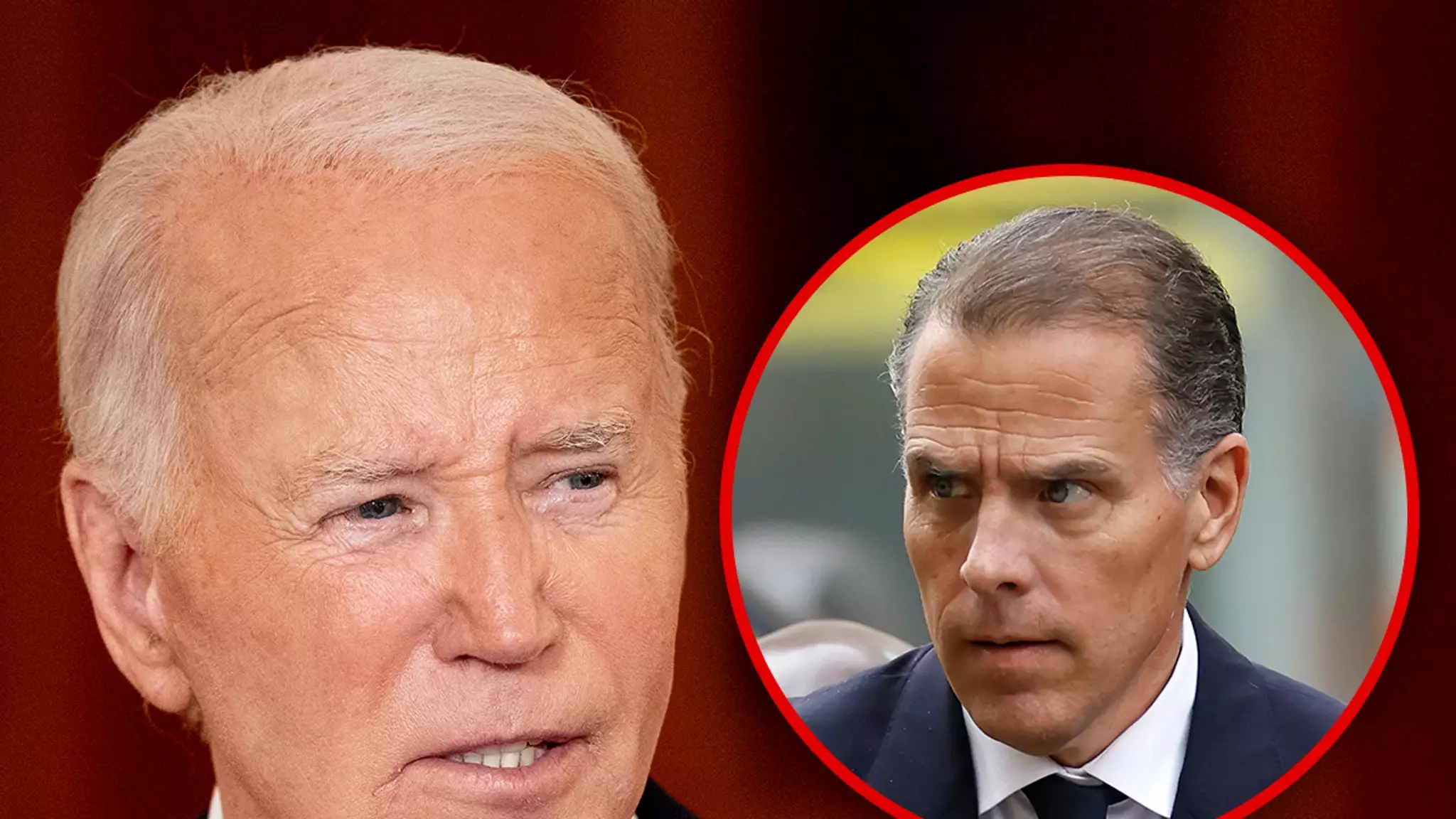The recent decision by President Joe Biden to pardon his son, Hunter Biden, has sparked significant discussion and scrutiny. This action, characterized by some as a strategic move rather than an impulsive decision, invites a deeper examination of the interplay between familial loyalty, legal accountability, and political ramifications.
Reports indicate that the decision to pardon Hunter was not made lightly or spontaneously. In fact, sources connected to the White House suggest this plan has been afoot for over three months, raising questions about the factors that led to this conclusion. President Biden’s involvement with Hunter’s legal troubles reportedly began last June, following a failed plea deal that left him “agitated.” This suggests that the president has been keenly aware and increasingly hostile to perceptions that his son was a political pawn, indicating the pressures of both familial ties and public scrutiny in the political arena.
Hunter Biden’s legal issues were compounded by his conviction on three gun-related charges last June, a verdict that could be seen within a broader context of socio-political dynamics. Numerous issues surround the legality of the charges and subsequent sentencing, especially considering Hunter’s admission of guilt to tax-related offenses in September, despite his legal team’s confidence in a potential not-guilty verdict. Such a turn suggests a calculated approach to navigating the justice system, likely influenced by impending political considerations, including the attention that Hunter’s case had garnered due to his father’s presidency.
In a press release announcing the pardon, President Biden described Hunter’s case as an example of how the legal system has been manipulated for political ends. He argued that individuals with similar convictions typically experience less severe consequences, framing Hunter’s situation as an instance where family ties brought undue scrutiny. This argument may resonate with many perceived examples of political bias within the criminal justice system, yet it remains to be seen how effective it will be in tempering public apprehension about the motivations behind the pardon.
Notably, President Biden had previously stated he would not grant his son a pardon, a stance he seemingly reevaluated as the situation evolved. This acknowledgment of a change in decision-making can potentially undermine public trust, suggesting a complex relationship between personal convictions and familial responsibility. The duality of being a father in such circumstances while also being a public servant adds layers of moral complexity that could influence future political actions and public perceptions.
The pardon of Hunter Biden exemplifies the intricate balance between familial obligations and the broader concerns of political integrity. While intentionality may shield the president from accusations of acting recklessly, it also raises pertinent questions about accountability and the law’s impartiality. As the political landscape continues to evolve, the implications of this pardon will likely reverberate well beyond the Biden family, sparking ongoing debates about the intersection of justice, family loyalty, and political power.


Leave a Reply